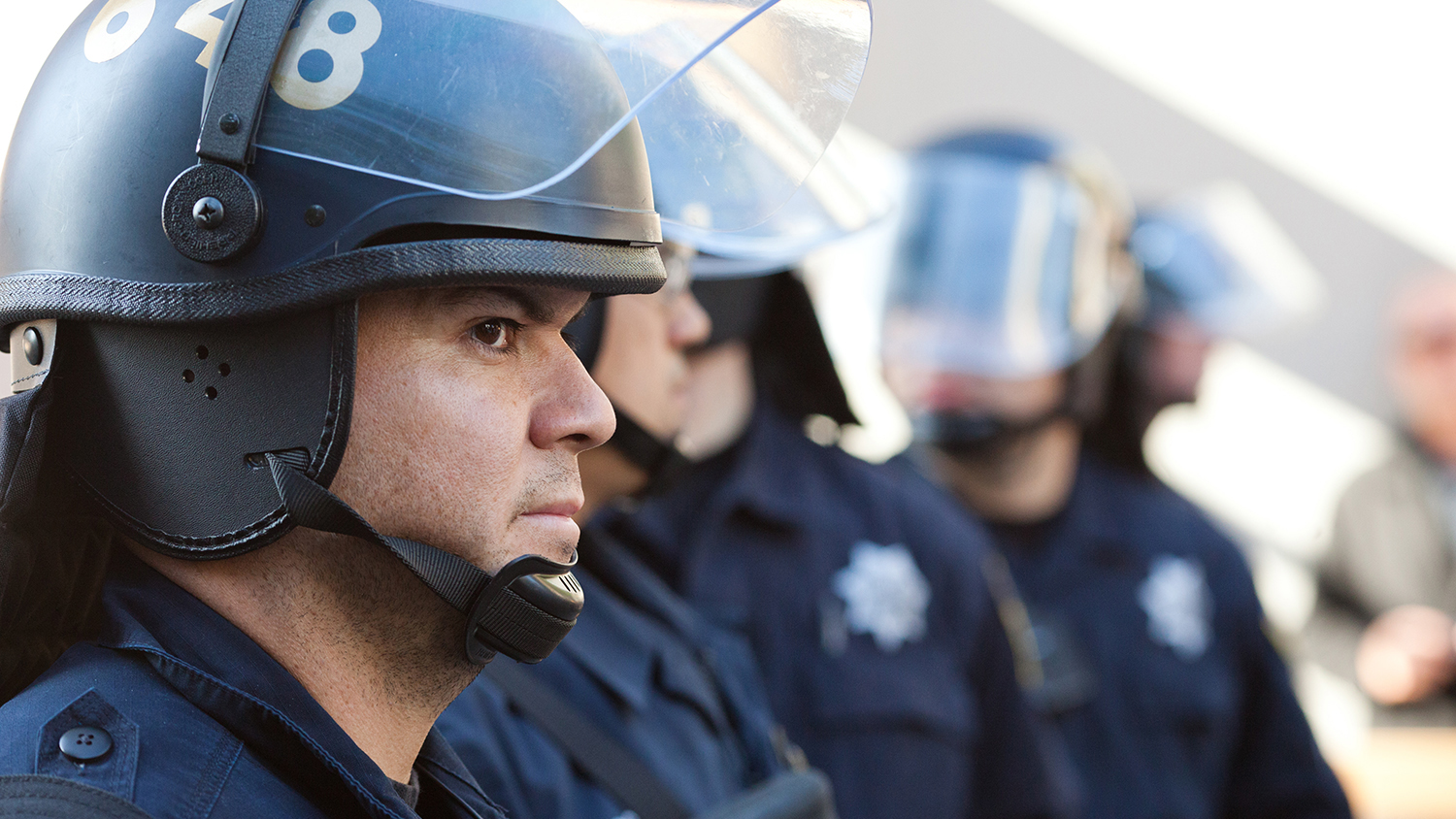Research Sheds Light on the Importance of Police Trust in the Public

For Immediate Release
A recent study finds that police officers who place more trust in the public are also more likely to pursue cases on their own initiative – termed proactive policing – and have higher arrest rates. The finding may have implications for public safety, police training and future law enforcement research.
“There’s been a lot of media coverage devoted to the public’s trust, or lack of trust, in police officers – and that’s important,” says Roger C. Mayer, co-author of a paper on the work and a professor of management, innovation and entrepreneurship at North Carolina State University. “We wanted to look at the extent to which police officers trust the public.
“To do that, we needed to develop a way of measuring that trust,” Mayer says. “We then conducted a study to evaluate how an officer’s trust in the public, or lack thereof, affected his or her on-duty performance.”
The researchers drew on a well-established model of organizational trust and validated its applicability in a law enforcement context via a survey of 990 police officers from across the United States.
To evaluate the role of trust in police performance, the researchers worked with a mid-sized metropolitan police department. They surveyed 135 officers to determine each officer’s level of trust in the public, then worked with police department leaders to develop a tool that police in management roles could use to assess the performance of officers under their supervision. In addition, the researchers looked at each officer’s archival performance data, such as number of arrests and proactive police work – meaning officer-initiated investigations.
The findings showed that the more officers trusted the public, the more likely they were to engage in proactive policing, and the more arrests they made.
“In other words, trust in the community makes officers more likely to take the initiative, which appears to result in more arrests and in making the public safer,” Mayer says.
“This is an interesting finding, and it merits further research to determine how broadly this relationship between trust and proactive policing is applicable to law enforcement nationally,” Mayer says. “If the relationship is broadly applicable, we can work on developing ways to increase police trust in the public and, by extension, public safety.
“In addition, the work provides tools that can be used to assess both police trust in the public and police performance, which will hopefully enable additional research in the field of criminal justice.”
The paper, “The Overlooked Perspective of Police Trust in the Public: Measurement and Effects on Police Job Behaviors,” is published in the journal Criminal Justice Policy Review. Lead author of the paper is Scott Mourtgos, a Ph.D. student at the University of Utah. The paper was co-authored by Richard Wise of the University of North Dakota and by Holly O’Rourke of Arizona State University.
-shipman-
Note to Editors: The study abstract follows.
“The Overlooked Perspective of Police Trust in the Public: Measurement and Effects on Police Job Behaviors”
Authors: Scott Mourtgos, University of Utah; Roger C. Mayer, North Carolina State University; Richard A. Wise, University of North Dakota; and Holly P. O’Rourke, Arizona State University
Published: May 31, Criminal Justice Policy Review
DOI: 10.1177/0887403419851850
Abstract: Many studies have looked at the public’s trust in the police, but very few have examined police trust in the public. Based on Mayer, Davis, and Schoorman’s (1995) model of trust, we conducted two studies. The first study created scales measuring the antecedents of trust and assessed police trust in the public based on a survey of 990 police officers from across the United States. The second study used the trust measures developed in the first study, as well as supervisors’ evaluations and archival performance data, in a study of the job performance of 135 police officers. We found that officers who had greater trust in the public engaged in more proactive policing and made more arrests. We discuss the implications of these findings, including what they mean for police officers and the communities they serve.


